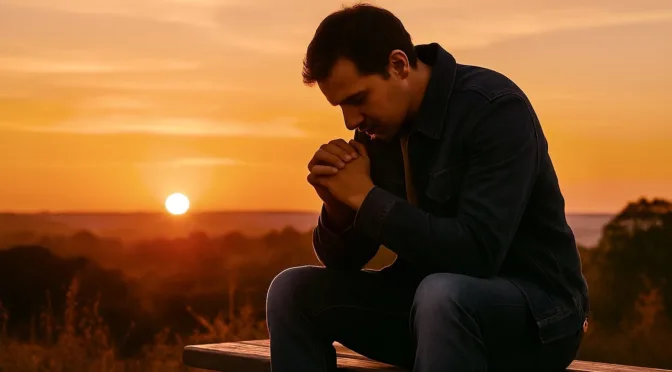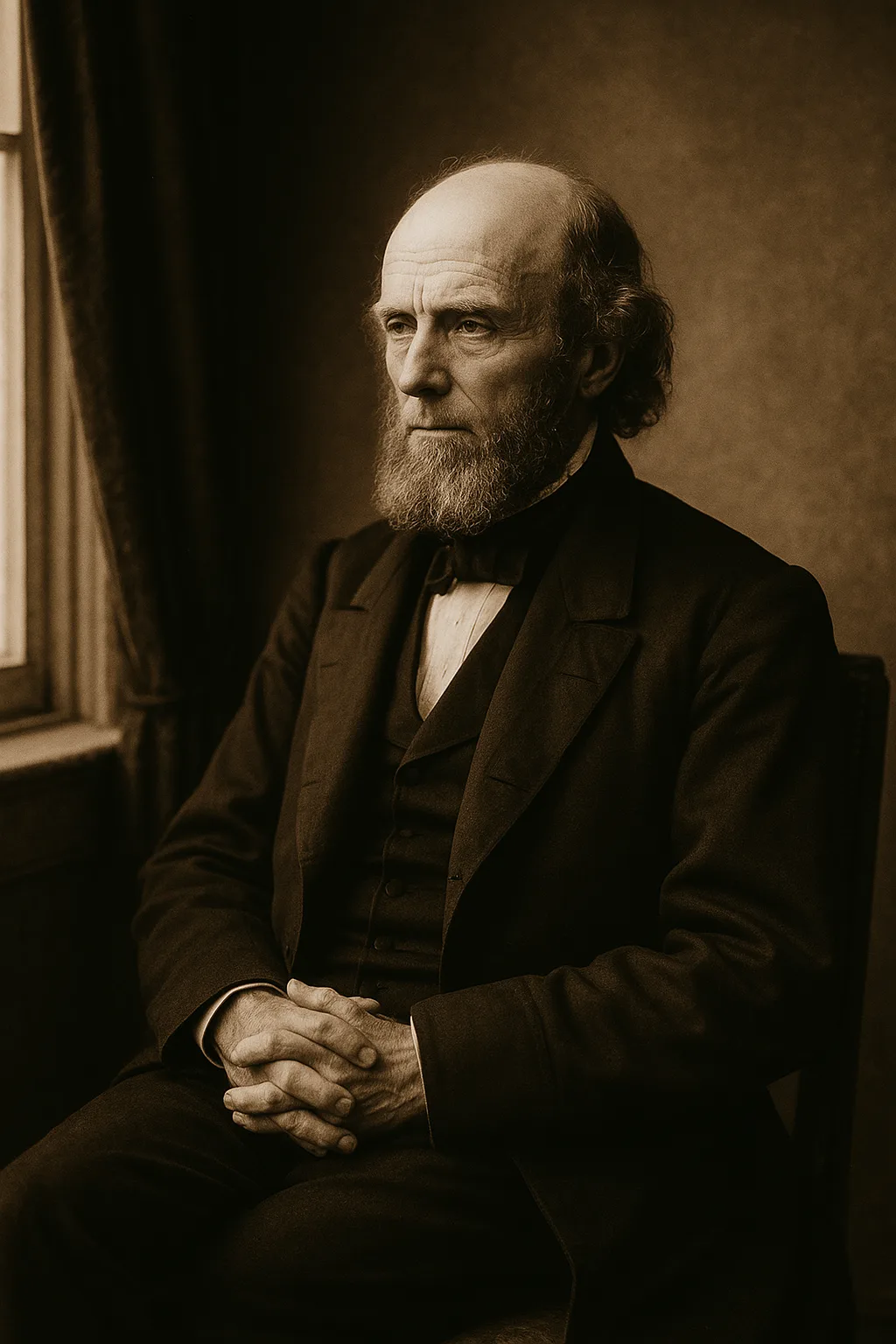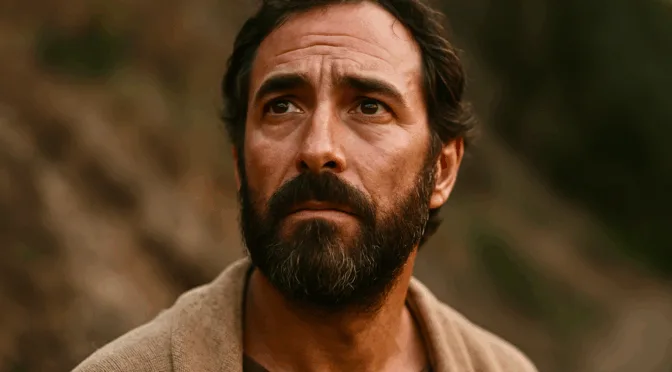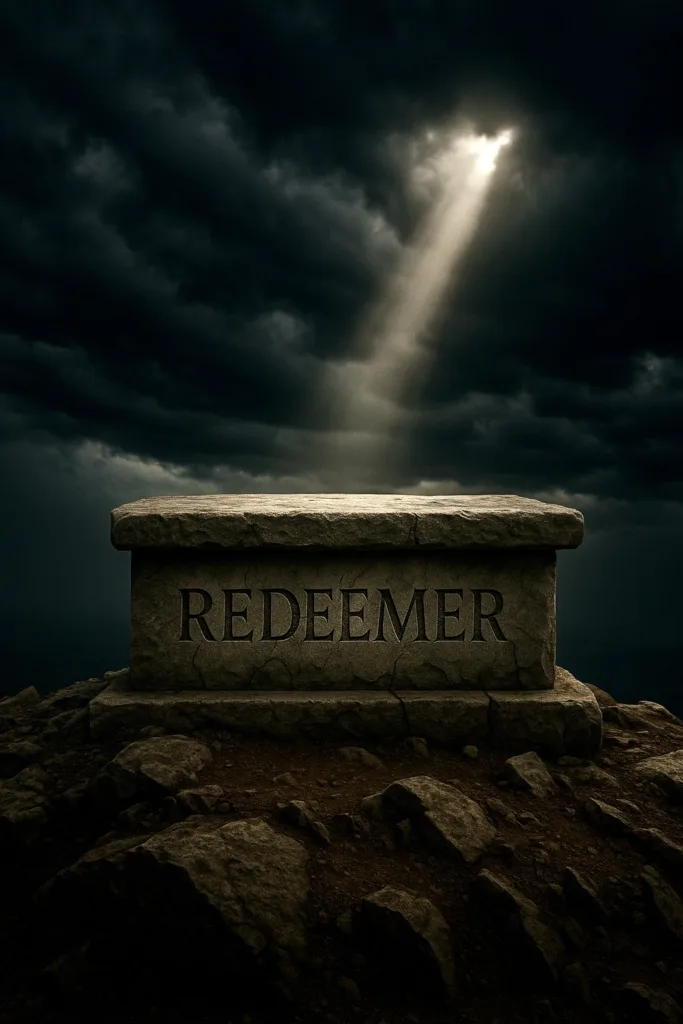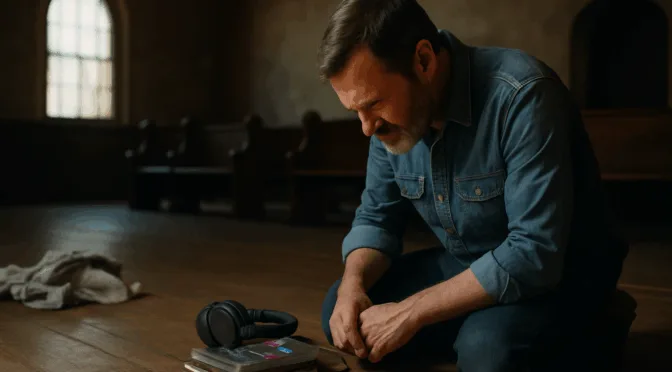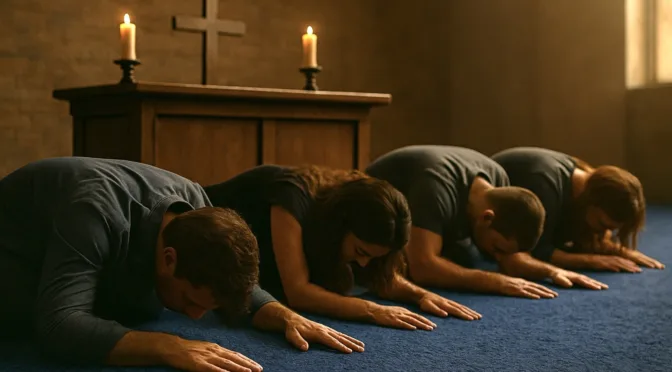Rediscovering Holiness in a Corrupt Generation
There is a cry rising from the depths of weary hearts—a cry for holiness, for purity, for God. In a culture that has abandoned truth and traded reverence for entertainment, many believers feel a sacred ache. It’s not for the past, but for something eternal. We long for the simplicity of walking with God, for the fear of the Lord to return to the house of God, and for lives that are marked by the power of His presence.
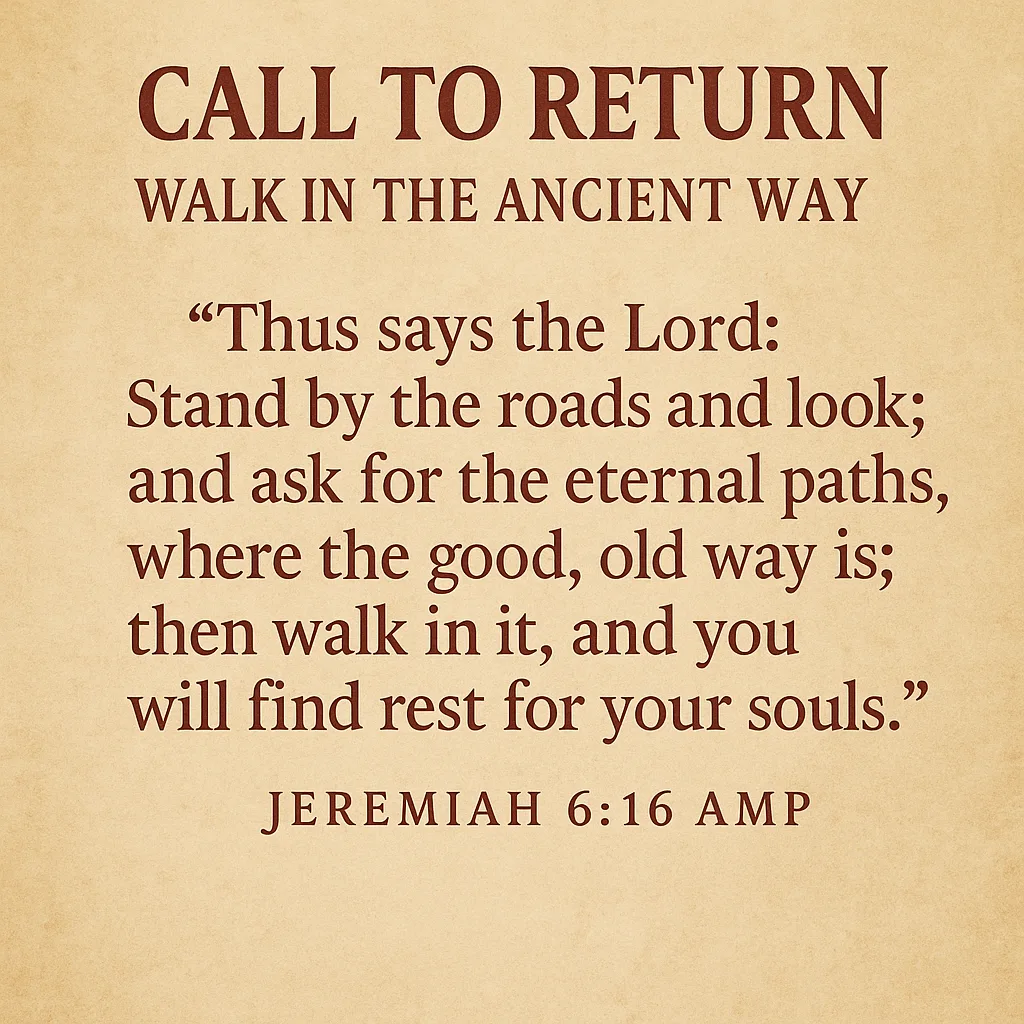
What Is the Ancient Path?
This is the voice of the Lord. He is not calling you backward—He is calling you deeper.The ancient path is not tied to culture or nostalgia—it is the path of holiness, obedience, and intimacy with God. It is the way of righteousness, where God walks with man and speaks in the stillness of surrendered hearts.
The ancient path is not hidden. It is the way God has always desired His people to walk:
humble before Him, holy in conduct, and wholly devoted to His will.
“He has told you, mortal one, what is good; and what does the Lord require of you but to do justice, to love kindness, and to walk humbly with your God?” (Micah 6:8, NASB)
The ancient path was walked by Abraham when he obeyed without hesitation. It was walked by Moses when he met with God on the mountain. It was walked by David when he danced with abandon before the ark. It was walked by the prophets who wept for a wayward nation. It was walked by Yeshua, our Messiah, who fulfilled every step in righteousness, truth, and love.
This is not a call to ritual or rules. It is a call to relationship, reverence, and right living. It is the place where God’s fire falls, not on performance, but on purity.
Why We Stray—and Why We Must Return
The noise of this world drowns the whispers of God. We are bombarded with compromise dressed as wisdom and tolerance masquerading as love. Even within the church, the fear of man often outweighs the fear of God. But “The fear of the Lord is the beginning of wisdom”(Proverbs 9:10, NASB), and without it, we are blind.
When we stray from the ancient path, our souls become restless. We chase peace, but it eludes us. We pursue success, but it leaves us hollow. Why? Because only God can satisfy the soul He created.
“For My people have committed two evils: They have abandoned Me, the fountain of living waters, to carve out for themselves cisterns, broken cisterns that do not hold water.”(Jeremiah 2:13, NASB)
We must return. Not just to church services or better behavior—but to God Himself.
The Promise of Rest
The ancient path is narrow, but it leads to life. It is hard, but it is filled with the presence of God. And it carries a promise: “you will find rest for your souls.”
Yeshua echoed this in Matthew 11:28–29 (NASB): “Come to Me, all who are weary and burdened, and I will give you rest. Take My yoke upon you and learn from Me, for I am gentle and humble in heart, and you will find rest for your souls.”
There is no rest apart from Him. There is no peace in the broad road. But when we return—when we turn off the noise, repent of compromise, and bow before Him again—we find what we were always meant to have: communion with our Creator.
How to Return to the Ancient Path
- Stop and Look. Don’t rush. Stand still before God. Ask Him to reveal the path you’ve strayed from.
- Ask for the Ancient Path. Pray like David: “Search me, God, and know my heart… See if there is any hurtful way in me, and lead me in the everlasting way.” (Psalm 139:23–24, NASB)
- Walk in It. Don’t just feel conviction—obey. Let holiness be your pursuit, not just your doctrine.
- Guard Your Heart. “Watch over your heart with all diligence, for from it flow the springs of life.” (Proverbs 4:23, NASB)
The Time Is Now
You were not born for this hour by accident. You are part of a remnant being called out of compromise into consecration. You are being invited into a deeper place, where the things of this world grow dim and the glory of God becomes your light.
Return to the ancient path. Return to the altar. Return to the Lord your God.
⸻
Prayer:
Lord God, I have heard Your call. I no longer want to walk in the ways of the world. I want the good and ancient path—the path where You are my only pursuit, my highest joy, and my deepest peace. Cleanse me. Lead me back. Teach me to walk in Your truth again. Let my heart burn for holiness and my life shine with Your presence. In the name of Yeshua, Amen.
⸻


